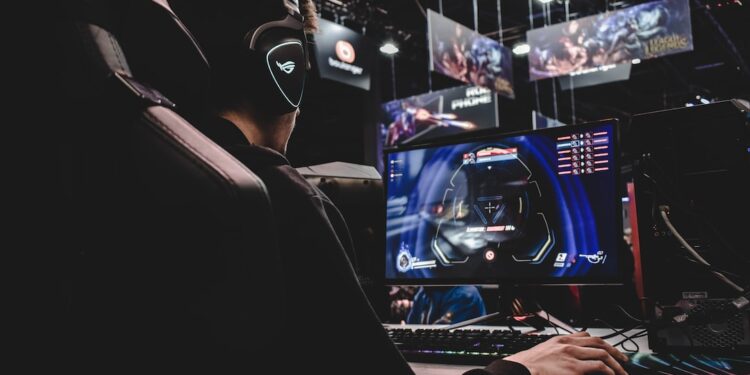Video games have undoubtedly become a significant part of popular culture in recent years. From their humble beginnings as pixelated games on arcade machines to the immersive and realistic experiences offered by modern gaming consoles, video games have managed to capture the hearts and minds of millions around the world. Today, let’s explore the influence of video games in popular culture.
One cannot ignore the massive impact that video games have had on the entertainment industry. In the past, movies and television shows used to dominate our free time. However, video games have now become a major competitor, if not a superior form of entertainment. The rise of eSports and professional gaming has generated a whole new industry and has even established video games as a legitimate career path.
Not only have video games influenced the entertainment sphere, but they have also greatly impacted other aspects of cultural expression. Consider the music industry, for example. Many video games feature impressive soundtracks that complement the gameplay and enhance the overall immersion. These soundtracks have gained recognition and popularity outside the gaming community, with dedicated concerts and albums being created solely for video game music.
Moreover, video games have also made significant contributions to the world of fashion. Gaming-inspired apparel, such as t-shirts, hoodies, and sneakers, have gained immense popularity. Iconic characters like Mario, Pikachu, and Sonic the Hedgehog have become cultural icons, making their way onto clothing lines and accessories loved by both gamers and non-gamers alike. Fashion collaborations between video game developers and renowned brands have become commonplace, further solidifying the influence of video games in the fashion industry.
The impact of video games goes beyond mere entertainment and aesthetics. Many games have explored important social and cultural issues, paving the way for unique storytelling experiences. Games like “The Last of Us” and “Bioshock” tackle complex moral dilemmas, while others like “Undertale” and “Journey” emphasize empathy and emotional connections. These games have transcended their medium and have entered the realm of art, provoking discussions about identity, morality, and the human condition.
Lastly, video games have revolutionized the way people interact and connect with each other. Online multiplayer games have created digital communities where millions of players come together to compete, cooperate, and socialize. Friendships and relationships have been forged through gaming, breaking barriers of distance and culture. In a world that sometimes feels divided, video games have managed to bring people together, fostering a sense of unity and shared experiences.
In conclusion, the influence of video games in popular culture cannot be understated. From their impact on the entertainment industry to their contributions to fashion, music, and storytelling, video games have become a cultural force to be reckoned with. As technology advances and gaming continues to evolve, it is exciting to think about the new ways in which video games will shape and redefine popular culture in the future.














